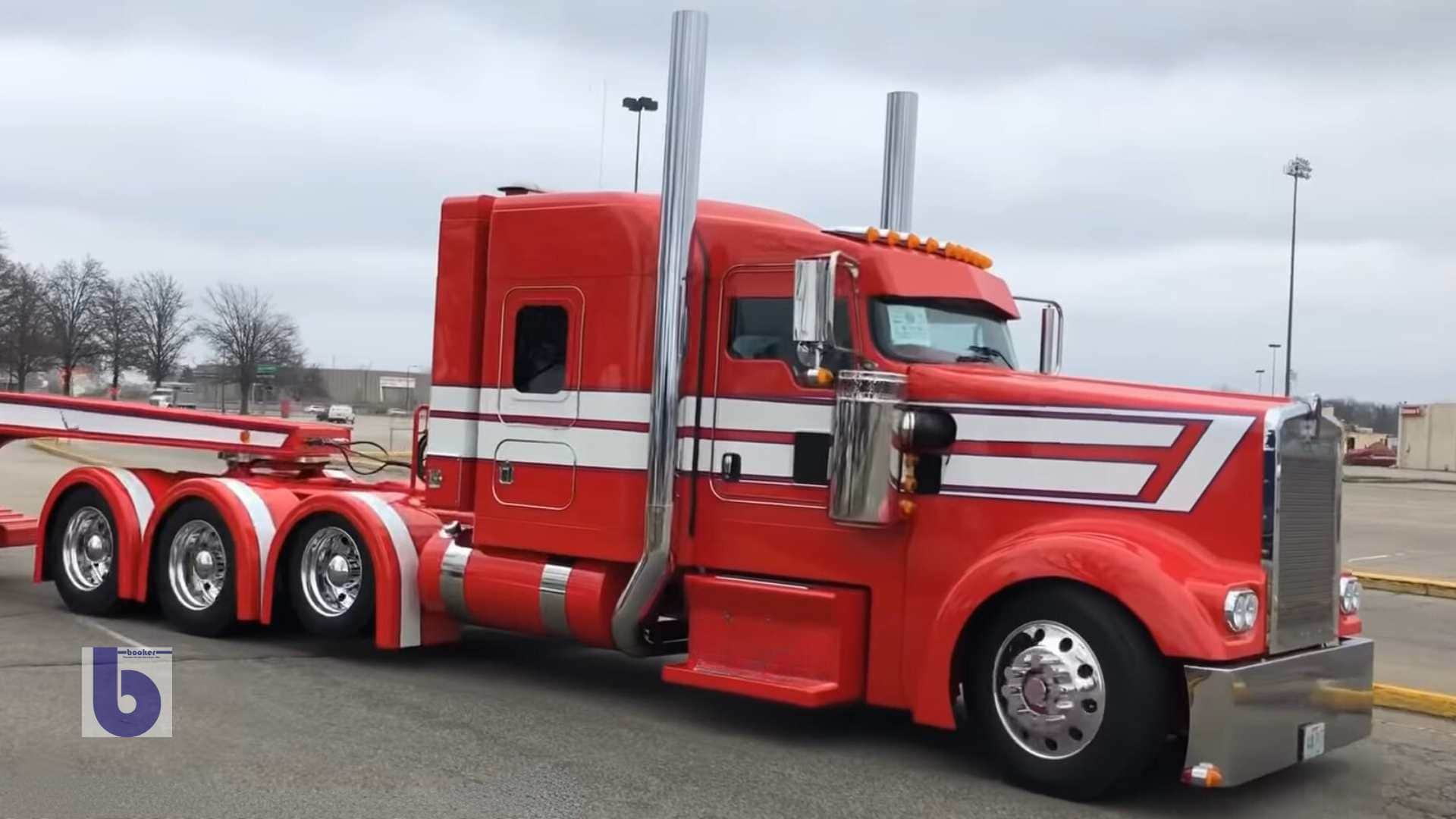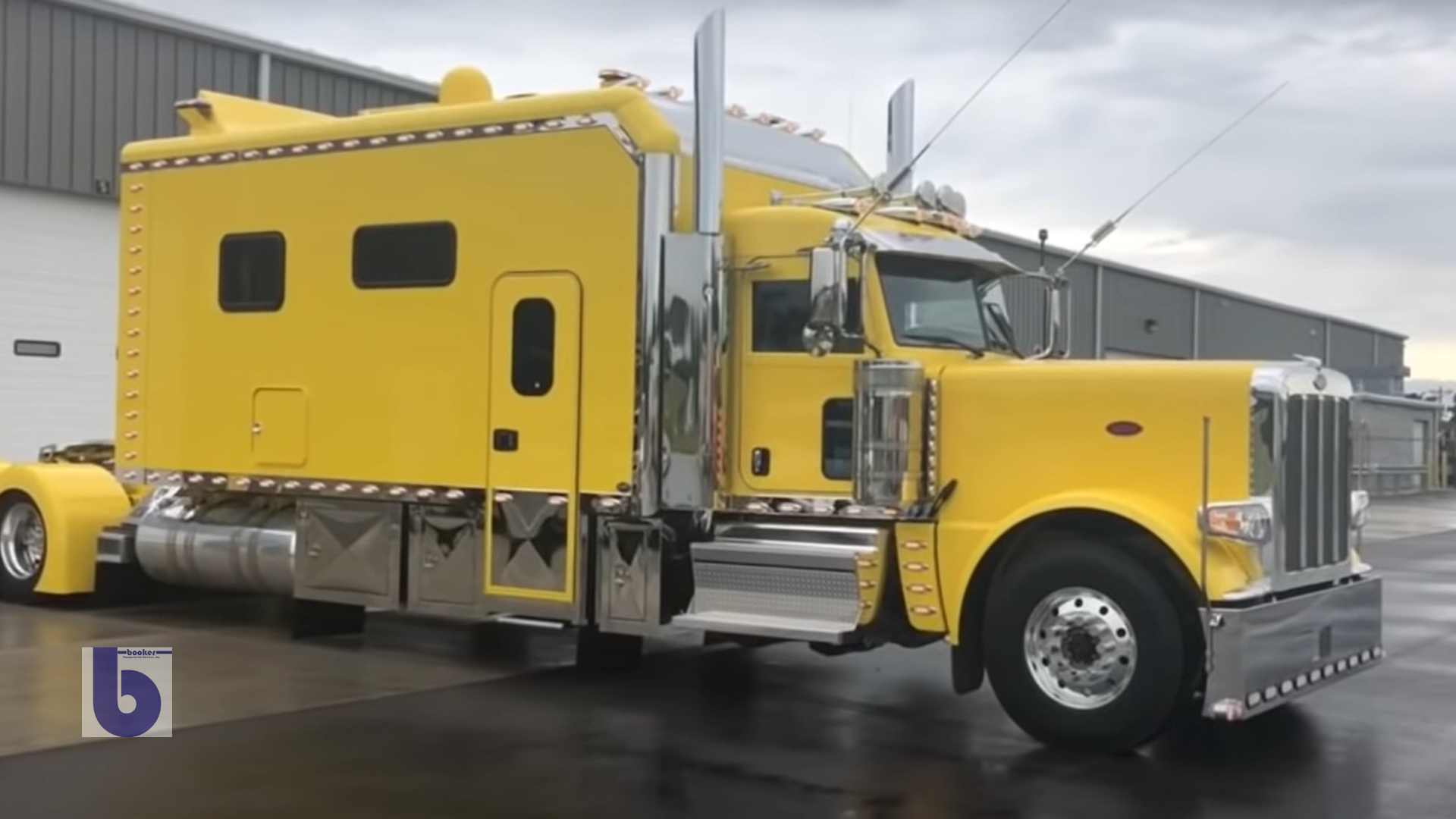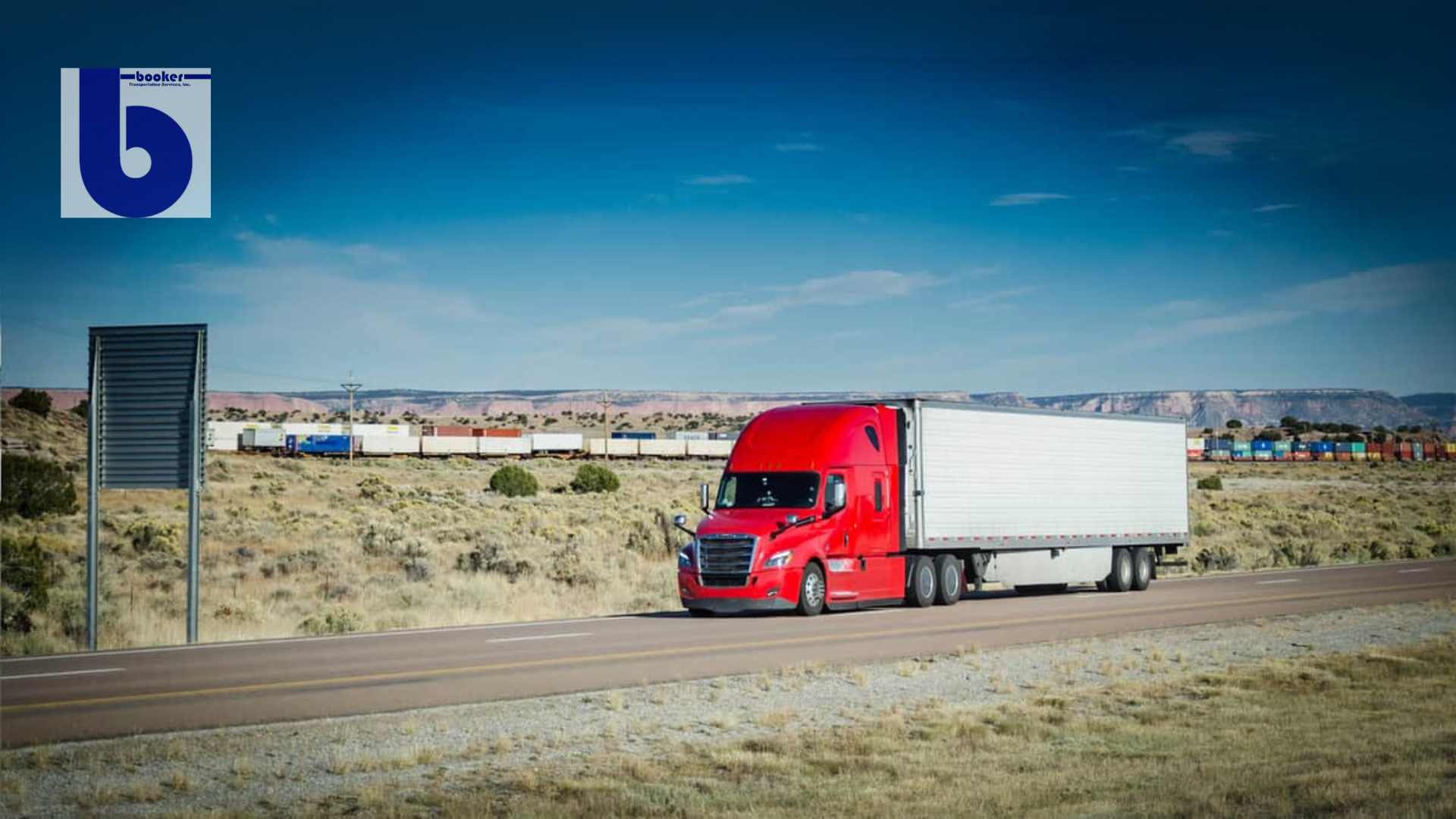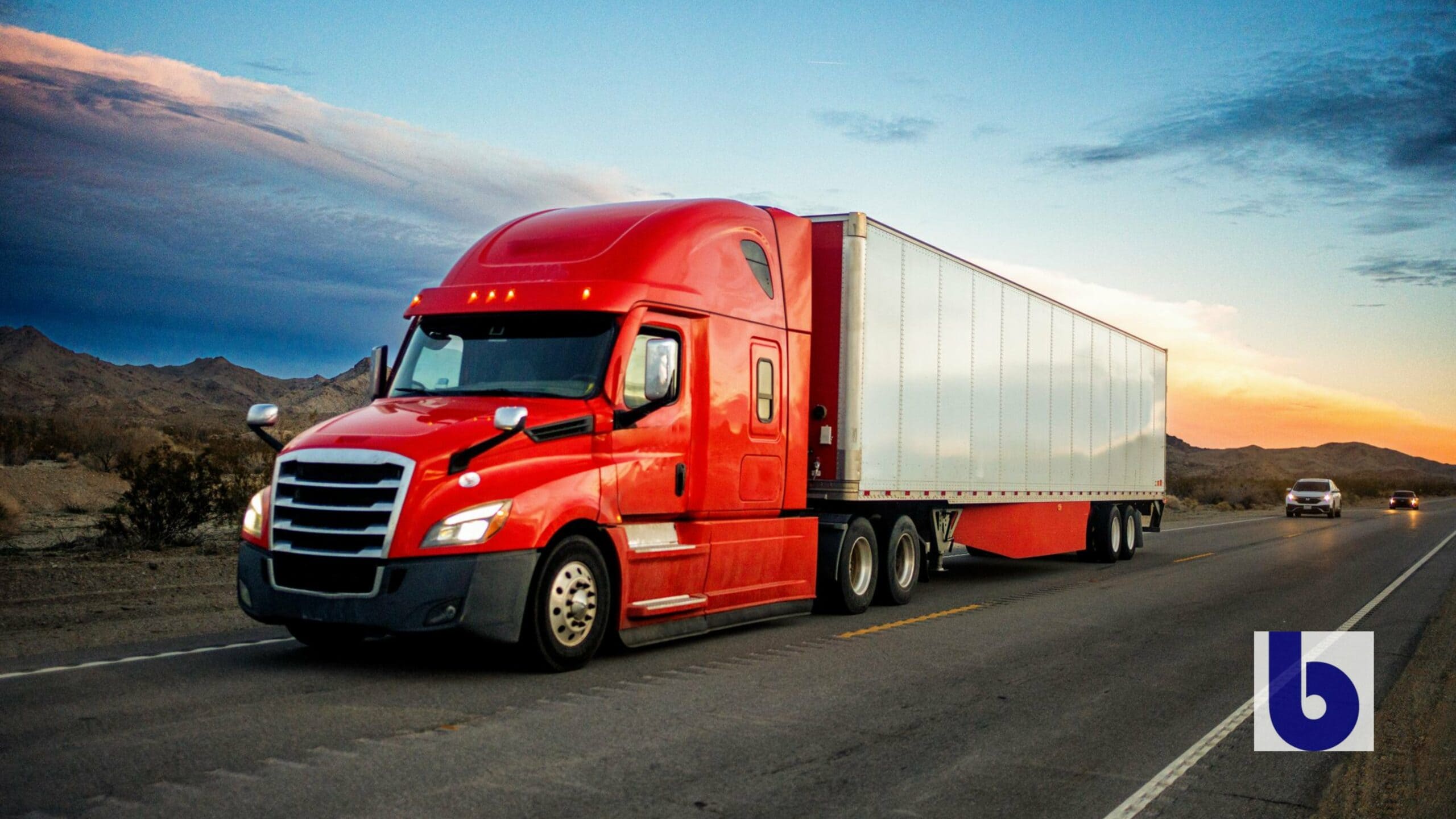Owner operator jobs have become a unique and alternative for anyone seeking freedom. The possibility of more significant financial benefits in the fast-paced logistics and transportation services world exists. These positions operate in the transportation industry and provide a distinctive fusion of entrepreneurship and collaboration with bigger businesses.
What Are Owner Operator Jobs?
Owner operator jobs are a special type of employment where people work for a company, but also own and operate the equipment they use. Within this structure, individuals designated as owner operators are tasked with providing and upkeep their machinery or vehicles, including trucks, specialized machinery, or delivery vans, contingent on the specific industry. Unlike conventional employment setups, owner operators assume the financial responsibilities associated with maintenance, fuel, insurance, and other operational costs. However, this also opens the door to the potential of securing a more significant portion of the profits generated by their efforts. This unique arrangement grants them increased independence and the chance to effectively operate their enterprise within the broader framework of more giant corporations.

Advantages of Becoming an Owner Operator
Becoming an owner operator presents advantages for those seeking autonomy and financial growth within their chosen field. This career offers a unique blend of entrepreneurship and partnership with established companies. Here, we explore the key benefits individuals can expect when becoming an owner operator.
Independence and Flexibility: One of the most compelling advantages of being an owner operator is its independence and flexibility. Unlike traditional employment roles, owner operators can dictate their schedules, routes, and work arrangements. This autonomy empowers them to balance work and personal life, tailor their operations to their preferences, and quickly adapt to changing circumstances.
Higher Earning Potential: Owner operators have the potential to earn a significantly higher income compared to salaried employees. They can reduce overhead costs and maximize profits by owning and maintaining their equipment, whether trucks, specialized machinery, or delivery vehicles.
Entrepreneurial Opportunities: Becoming an owner operator means running a small business within the framework of a larger company. This unique blend of entrepreneurship and corporate support allows individuals to take ownership of their operations, make strategic decisions, and build a brand within their chosen industry.
Diverse Industry Engagement: Owner operators are not confined to a single industry niche. Their services are in demand across various sectors, including transportation, logistics, construction, and agriculture. This versatility provides opportunities to explore various markets, broaden skill sets, and diversify income streams.
Established Network and Resources: Partnering with established companies provide owner operators access to a ready-made network of clients, vendors, and industry resources. This network can prove invaluable for securing consistent work, negotiating favorable contracts, and receiving guidance from experienced professionals.
Enhanced Job Satisfaction: The combination of autonomy, financial potential, and the ability to see the direct impact of one’s efforts often results in enhanced job satisfaction for owner operators.

Challenges of Owner Operator Jobs
Navigating the domain of owner operator roles presents an array of distinctive obstacles. Among the primary barriers is the economic load linked with autonomy. Owner operators are responsible for acquiring their equipment and absorbing the weight of maintenance expenses, insurance premiums, and fuel outlays. Additionally, the erratic nature of the transportation sector introduces another substantial trial. Owner operators frequently encounter the sway of market oscillations and shifts in demand, leading to periods of flourishing enterprise succeeded by unsettling downturns. This instability demands adaptability and a shrewd tactical sense to persevere during lean intervals.
Furthermore, the trucking arena is overseen by a complex interweaving of rules encompassing safety benchmarks, licensing requisites, permits, and conformity protocols. Additionally, Owner operators must deftly manage the juggling act of being both entrepreneurs and drivers, demanding versatile skill sets. This dual role mandates proficiency in steering and delivering freight and overseeing business operations, client interactions, and administrative duties.
The hurdles intrinsic to owner operator vocations are manifold and necessitate a fusion of financial sagacity, adaptability, regulatory savvy, and robust personal tenacity. Prosperity is an active position in the owner operator job field. Dependent on lifelong learning, and an unwavering commitment to stay ahead of the curve within the ever-evolving panorama of the transportation industry.

Necessary Qualifications
Embarking on a career as an owner operator within the trucking sector demands a distinct set of qualifications to ensure success and efficiency in this dynamic field. Here are some necessary qualifications:
Commercial Driver’s License (CDL)
The cornerstone qualification for any trucking role, a valid Commercial Driver’s License is a non-negotiable requirement. Owner Operators must possess the appropriate CDL class for the type of vehicles they operate, along with endorsements that may be necessary based on the nature of cargo or specific equipment.
Business intelligence
Beyond driving prowess, owner operators must possess strong business acumen. This includes an understanding of financial management, budgeting, and the ability to analyze costs and profits. A keen eye for identifying business opportunities and making informed decisions can significantly impact the success of an owner operator’s venture.
Technical Proficiency
Owner operators need a solid understanding of the technical aspects of their vehicles. This includes basic mechanical skills for troubleshooting minor issues on the road and performing routine maintenance. Being able to address common mechanical problems can save time and money, as well as contribute to a smoother operation.
Time Management Skills
Efficient time management is crucial in the trucking sector. Owner Operators often handle their schedules, plan routes, and coordinate with clients and suppliers. Effective time management ensures timely deliveries, maximizes productivity, and supports a healthy work-life balance.
Communication Skills
Effective communication is essential for owner operators to liaise with clients, shippers, receivers, and dispatchers. Clear communication ensures that all parties are informed and expectations are met, contributing to a seamless transportation process.
Problem-Solving Abilities
The trucking industry faces unexpected challenges, from traffic delays to adverse weather conditions. Owner Operators need to think on their feet, make quick decisions, and find solutions to navigate these hurdles while ensuring the safety of themselves and others on the road.
Physical Stamina
Long hours on the road demand physical endurance. Owner Operators should be in good health and possess the stamina to handle extended driving periods, irregular sleep patterns, and the physical demands of loading and unloading cargo.

Choosing the Right Trucking Company
Opting for a suitable trucking company is a pivotal decision requiring meticulous contemplation of diverse elements. From reliability and on-time deliveries to safety record and driver benefits, including competitive pay, comprehensive training, and career growth opportunities. Equally pivotal is harmonizing the company’s routes and operations with your inclinations and lifestyle. Guaranteeing a seamless equilibrium between work commitments and personal life.
Developing a Business Plan
Attaining the means to acquire a truck entails a comprehensive exploration of diverse financing avenues tailored to each individual’s circumstances. Among these paths is the option of traditional bank loans. Which furnish structured repayment schemes and potentially favorable interest rates, especially for individuals with a robust credit history. In contrast, credit unions offer a community-centered approach featuring competitive terms. Custom-tailored to address the distinctive challenges of the trucking industry. Specialized truck financing firms cater to owners by providing adaptable down payment choices and extended loan durations. Factoring companies introduce a unique route by purchasing outstanding invoices, injecting immediate cash flow to bolster operational liquidity.
Understanding the Cost and Revenue
Grasping the intricacies of cost and revenue structures is significant for effective financial management in any business. Costs encapsulate a spectrum of expenses, spanning production, operational, and overhead outlays, directly influencing overall profitability. Astute cost management involves pinpointing avenues for optimization while upholding quality standards. Conversely, revenue, the financial influx sourced from sales or services, is the impetus behind business expansion and longevity. This revenue stream emanates from diverse origins like product sales, service charges, or subscription models. To cultivate a robust financial foundation, businesses must track existing revenue streams and devise strategies for augmentation through avenues like market expansion or diversification.

Building a Professional Network
Constructing a professional network constitutes a tactical and immeasurable undertaking, entailing the nurturing of associations within one’s field to nurture personal and vocational advancement. This encompasses a fusion of interactions both in digital and physical realms. Thereby permitting individuals to establish bonds, cooperate, and share insights with colleagues, mentors, and prospective allies. Cultivating these ties enriches one’s knowledge repository and unveils avenues for potential partnerships, recommendations, and the opportunity to remain abreast of the latest industry trends.
Safety and Insurance
Prioritizing safety and attaining extensive insurance coverage are pivotal focal points for individuals immersed in owner operator roles within the trucking realm. The ambit of safety encapsulates steadfast adherence to roadway regulations. The acquisition of appropriate insurance coverage, spanning liability, cargo, and physical damage insurance, emerges as an indispensable buffer against potential hazards like collisions, theft, or cargo impairment. With unwavering dedication, Owner operators must add safety protocols to their routine. Vigilant vehicle maintenance should be practiced and collaboration with reputed insurance providers should be developed to reduce operational vulnerabilities. Encouraging the well-being of themselves and fellow stakeholders is navigating the entire path.
Evaluating Success and Growth
Evaluating success and growth is a multifaceted process that goes beyond simplistic metrics. True success encompasses quantitative achievements, such as increased revenue or expanded market share, and qualitative factors, like customer satisfaction, employee development, and ethical practices. Growth, similarly, extends beyond mere financial expansion to include innovation, adaptability, and a positive impact on the community and environment. A comprehensive evaluation of success and growth requires a holistic approach. Considering a range of indicators that reflect the overall health and sustainability of an individual, organization, or endeavor.
Conclusion
Delving into owner operator jobs within the trucking sector unveils a dynamic landscape rich with promise and intricacies. The fusion of autonomy, entrepreneurial spirit, and potential for increased earnings presents a compelling proposition for those seeking to meld independence with industry collaboration. Yet, these advantages stand juxtaposed with the challenges of financial responsibility, market volatility, and regulatory intricacies, necessitating a careful and informed approach. As the road ahead unfolds within the trucking industry, the owner operator’s role is a testament to the evolving nature of work and enterprise, where innovation and traditional foundations meet to shape a distinctive and impactful vocational journey.
About Booker Transportation
Booker Trans is 100% Owner Operator. It is our belief that an Independent Owner is the best way to get a customers freight delivered timely and safely. Booker is a leading Refrigerated Carrier providing the best lease options in the industry for today’s Owner Operators. Monthly and Yearly Awards, Longevity Bonuses, and the Free tires for Life of Lease Program, are just a few examples of what Booker Trans offers the Owner Operator. Booker Trans has built it’s success upon working partnerships with Customers, as well as Agency Relationships built over the last 20 years. Those same relationships are what makes consistent year round freight possible.
Are you interested in becoming an owner operator driver or getting into the logistics industry?
Let’s connect!
Navigating the Highways of Change
04/18/2024

Owner Operators should be prepared for Cellular Service outages!
03/06/2024

